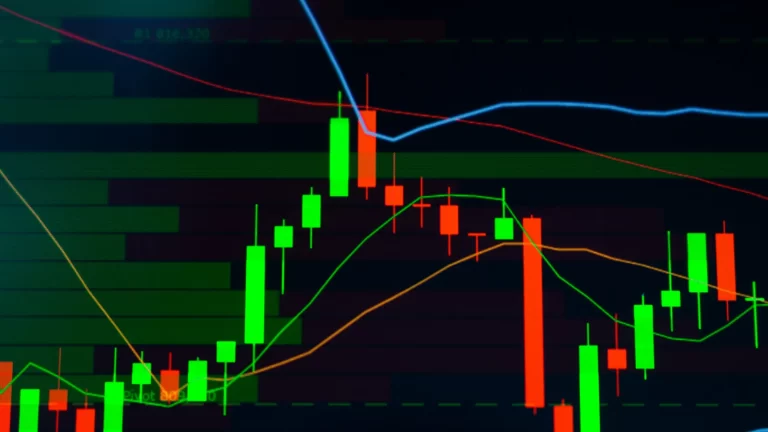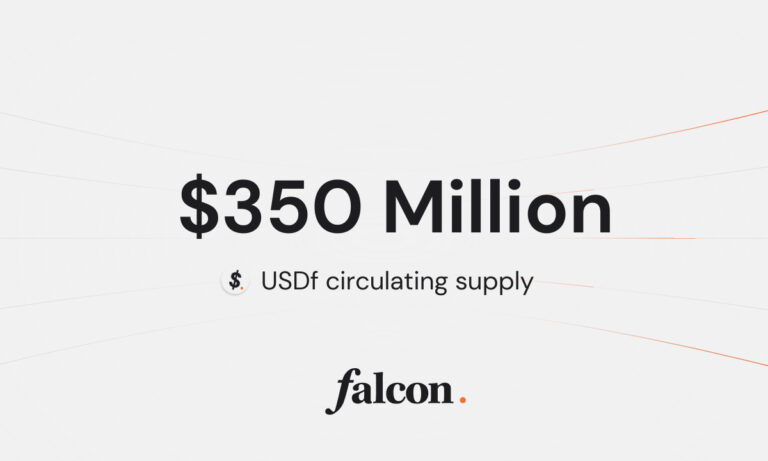
After reaching an all-time high of $64,863 in April 2021, bitcoin experienced a sharp drop trading close to $30,000. The prices of other crypto assets (altcoins) also plummeted and the entire cryptocurrency market began to consolidate downwards. Such sharp declines may be typical to those who have been participating in digital currency markets for a while, but for new entrants, the shocks can catch them off guard, causing many to panic sell – potentially resulting in significant losses.
Huge market swing are common in digital currency markets since crypto trading is generally volatile. For this reason, people looking to buy bitcoin in South Africa or any other country should always bear that in mind. What’s important however, is that traders can still make profits even when the market is in a downtrend. But before we explore how, we need to define what a bear market is.
What is a bear market?
Markets generally have three main movements. Upwards, downwards or sideways. When a market is on an upward trajectory this is referred to as a ‘bull market’ and when the market is on a downward trend, that is what is referred to as a ‘bear market’. When the market is not experiencing noteworthy price swings, the market is said to be moving sideways.
During a bear market, it’s not unusual to witness assets prices decline over a sustained period. When this happens investor sentiment tends to turn pessimistic but what most people don’t realize is that for seasoned investors, this is generally a good time to take positions and accumulate assets at low prices. The old adage ‘buy low, sell high’ means that smart money buys when market is bearish and sells when sentiment is too bullish and there’s euphoria or irrational exuberance in the market. With the proper risk mitigation, a bear market can be a blessing in disguise for any trader or investor.
How to manage your portfolio in a market downtrend
There are several ways investors can take advantage of a bear market and set themselves up to profit when the market reverses and turns bullish. For traders, there are even opportunities to still make profits even as the market continues to fall. Below are some of the ways investors and traders can take advantage of a bear market scenario:
Taking Short Positions
Taking short positions or shorting is basically the opposite of when you buy bitcoin or any other crypto asset with the hope that the value will appreciate. Short selling is a strategy where the trader enters a market position hoping that the value of the asset drops below their entry price. In short selling, you are basically borrowing the cryptocurrency you want to short with the aim of settling the debt when the price drops. The reason traders short is that they typically don’t have the funds to buy the asset that they can then sell at a profit, thus, they are ‘short’.
There are several exchanges that allow you to carry out this strategy. The process involves borrowing the crypto assets you intend to short from the exchange and selling them for a stable crypto asset or fiat currency at the going rate. After closing the position, you’d then wait for the price to drop to buy back the same number of coins you owe but at a discount. This would enable you to settle your debt and keep the profit made as a result of the price difference. It’s akin to an inflationary strategy that allows a debtor to pay a lender back with money that is worth less than it was when they originally borrowed it. The downside with taking this approach is that if things don’t go according to plan i.e. the crypto asset prices shoot up instead, you stand to lose your funds in the process.
Swing Trading
Swing trading is a strategy that involves trying to predict the price movement of an asset within a specific period, usually a few days or weeks. Even as the market seemingly moves in a general direction, there will always be subtle price movements forming highs and lows. The swing trading strategy involves predicting these small price fluctuations. Implementing this strategy requires carefully studying the market and involves some technical analysis to help you make the right prediction so that you can enter a trade at the right time. The process involves making a prediction based on analysis, entering a position (long or short), and taking your profit if the market goes as predicted. So even in a bearish market, traders can take advantage of the slight upward and even downward swings.
HODLing
HODL which is short for ‘hold on for dear life’ involves holding on to a digital currency despite the price action. This strategy is very common with long-term investors who understand that the crypto markets can be highly volatile and trading in and out of positions or trying to time the market can be a lot riskier than simply holding the asset over a longer period. Historically, the market has always corrected and even if prices have dropped significantly, over time the likelihood that the market will recover is always fairly high meaning that the lost gains can always be recouped and profits can even be made as long as the asset holder doesn’t sell when the market is down.
Conclusion
Traders and investors need not panic during a bearish trend or when crypto asset prices crash. There are also several strategies that can be employed to reduce the effect of a market dip on a portfolio including moving assets into stable coins such as USDT or USDC which are pegged 1:1 to the dollar. This also gives an investor or trader liquidity to re-enter positions a lower prices meaning that they get more crypto assets for their money. However, while this can be a good move as far as minimizing portfolio losses, if the market experiences a flash crash and rebounds almost immediately one can also miss the opportunity to buy back into the market before asset prices start rising which can mean paying even higher prices for the same assets. This is why most seasoned investors simply recommend the buy and hold strategy to novice traders and investors.
Furthermore, companies operating in the crypto market tend to offer more incentives during bear market periods in an effort to retain users and as a way to continue spurring the adoption of blockchain-based technologies. In the recent bear market, Remitano for instance, decided to introduce its native token RENEC as a way to reduce transaction fees for users and ensure secure and swift transactions. The peer-to-peer exchange even introduced an incentive scheme where users of their platform can get free tokens via the mobile application.




